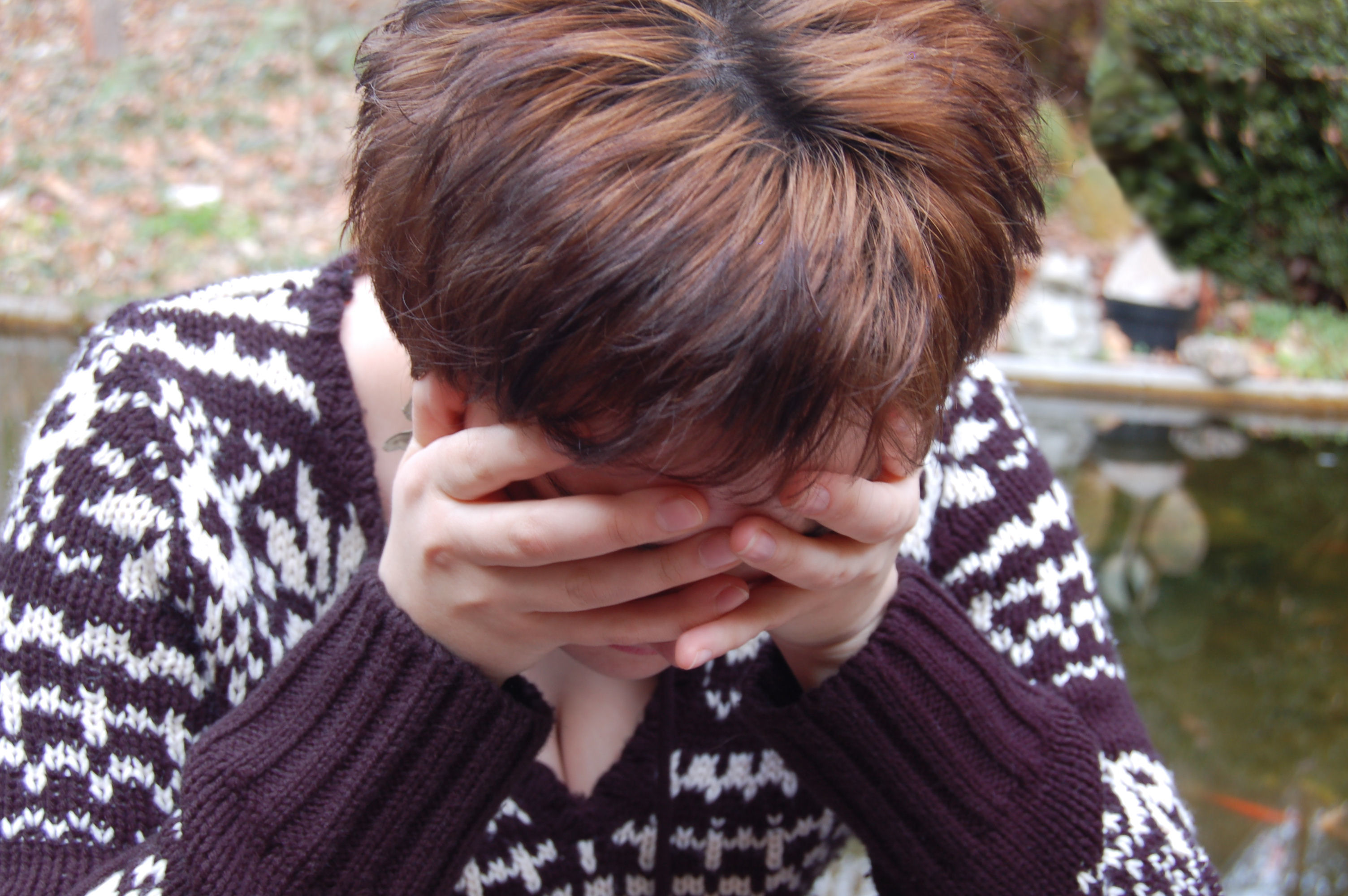
THURSDAY, Dec. 30 (HealthDay News) — Winter does have its pluses for people who suffer from allergies: at least they’re less likely to get hay fever.
But folks tend to spend more time indoors during the winter, and living inside can trigger other allergy and asthma problems, experts warn.
The American College of Allergy, Asthma and Immunology (ACAAI) offers tips for keeping yourself sniffle-free if you’re cooped up inside:
- Keep indoor humidity below 55 percent. A humidifier can reduce winter dryness, but if you overdo it, too much moisture can exacerbate dust mites, so consider keeping the humidifier or vaporizer turned off.
- Check your furnace to make sure it has a high-efficiency furnace filter with a MERV rating of 11 or 12. Changing the filter every three months will help keep out dust and other allergens.
- Take special care to keep allergens out of your bedroom. “Keep pets and their dander out, and encase mattresses and pillows with dust mite-proof covers,” allergist Dr. Myron Zitt, past president of ACAAI, said in a news release from the organization. “Limit curtains — use blinds that can be washed instead.”
- Step up your housekeeping efforts. Wash bedding and stuffed animals in hot water every two weeks, and use a vacuum with a HEPA filter. When dusting, allergy sufferers are urged to wear a NIOSH-rated N95 mask.
- Use a fan or open a window in the bathroom and kitchen when moisture builds up to reduce mold growth.
- If your garage is attached to the house, beware of noxious odors or fumes that can trigger asthma. Move insecticides and containers of gasoline and other irritants to a shed.
- Keep your decor free of dust-collectors. Books and knick-knacks should be boxed. Limit how many indoor plants you keep and consider investing in furniture with leather or other nonporous surfaces because they’re easier to clean.
More information
The U.S. National Library of Medicine has more on allergies.

